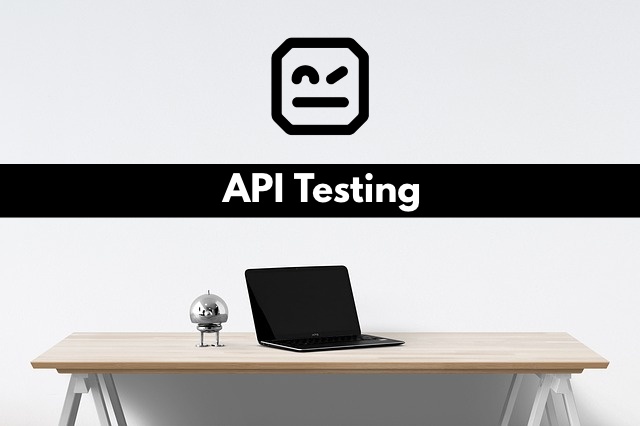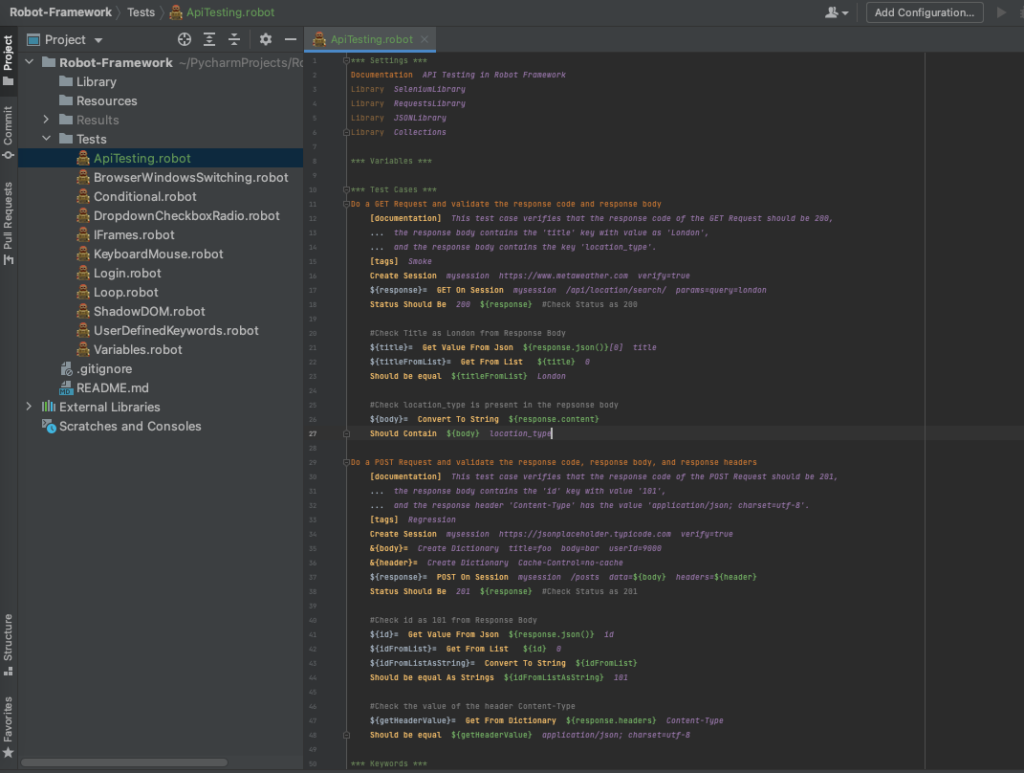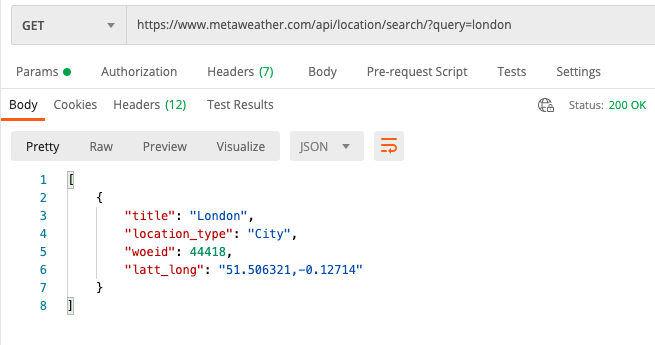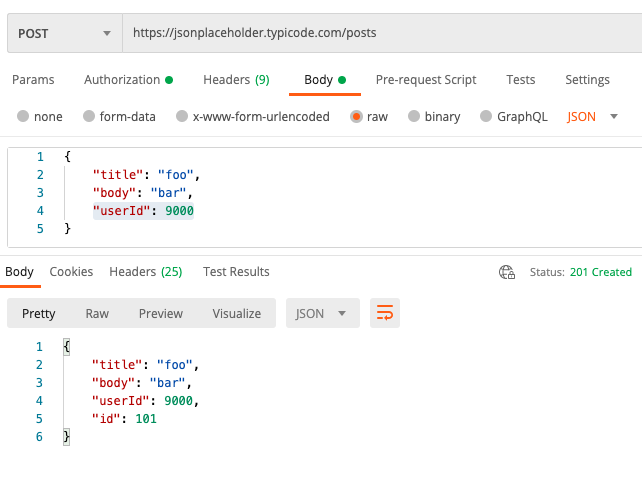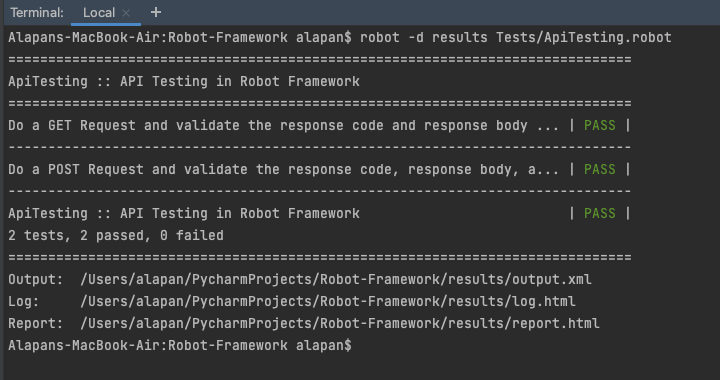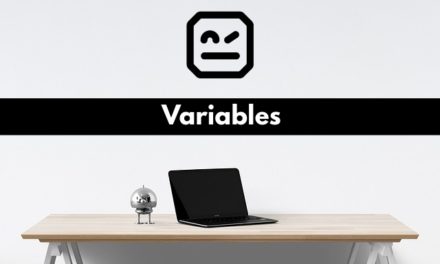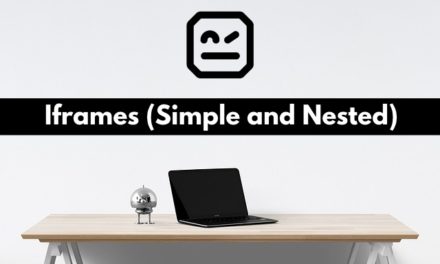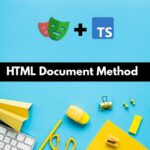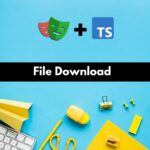In this article, we will discuss in detail how we can perform API testing in Robot Framework. We will be using 5 libraries for our tests. They are:
1. SeleniumLibrary which is already installed.
2. RequestsLibrary – Install it using pip3 install robotframework-requests.
3. JSONLibrary – Install it using pip3 install robotframework-jsonlibrary.
4. Collections – This comes inbuilt with robot Framework. We just need to import it.
5. BuiltIn – Robot Framework’s standard library that provides a set of generic keywords. No need to import as it is always available.
Let’s write two Tests to further deep dive.
Test – 1
Step 1: Perform a ‘GET’ request to https://www.metaweather.com/api/location/search/?query=london
Step 2: Verify that the response code is ‘200’.
Step 3: Verify that the ‘title’ key in the response body has the value ‘London’.
Step 4: Verify that the ‘location_type’ key is present in the response body.
Test – 2
Step 1: Perform a ‘POST’ request to https://jsonplaceholder.typicode.com/posts with header and body.
Step 2: Verify that the response code is ‘201’.
Step 3: Verify that the ‘id’ key in the response body has the value ‘101’.
Step 4: Verify that the value of the response header ‘Content-Type’ is ‘application/json; charset=utf-8’.
1 2 3 4 5 6 7 8 9 10 11 12 13 14 15 16 17 18 19 20 21 22 23 24 25 26 27 28 29 30 31 32 33 34 35 36 37 38 39 40 41 42 43 44 45 46 47 48 49 50 | *** Settings *** Documentation API Testing in Robot Framework Library SeleniumLibrary Library RequestsLibrary Library JSONLibrary Library Collections *** Variables *** *** Test Cases *** Do a GET Request and validate the response code and response body [documentation] This test case verifies that the response code of the GET Request should be 200, ... the response body contains the 'title' key with value as 'London', ... and the response body contains the key 'location_type'. [tags] Smoke Create Session mysession https://www.metaweather.com verify=true ${response}= GET On Session mysession /api/location/search/ params=query=london Status Should Be 200 ${response} #Check Status as 200 #Check Title as London from Response Body ${title}= Get Value From Json ${response.json()}[0] title ${titleFromList}= Get From List ${title} 0 Should be equal ${titleFromList} London #Check location_type is present in the repsonse body ${body}= Convert To String ${response.content} Should Contain ${body} location_type Do a POST Request and validate the response code, response body, and response headers [documentation] This test case verifies that the response code of the POST Request should be 201, ... the response body contains the 'id' key with value '101', ... and the response header 'Content-Type' has the value 'application/json; charset=utf-8'. [tags] Regression Create Session mysession https://jsonplaceholder.typicode.com verify=true &{body}= Create Dictionary title=foo body=bar userId=9000 &{header}= Create Dictionary Cache-Control=no-cache ${response}= POST On Session mysession /posts data=${body} headers=${header} Status Should Be 201 ${response} #Check Status as 201 #Check id as 101 from Response Body ${id}= Get Value From Json ${response.json()} id ${idFromList}= Get From List ${id} 0 ${idFromListAsString}= Convert To String ${idFromList} Should be equal As Strings ${idFromListAsString} 101 #Check the value of the header Content-Type ${getHeaderValue}= Get From Dictionary ${response.headers} Content-Type Should be equal ${getHeaderValue} application/json; charset=utf-8 *** Keywords *** |
1 2 3 4 5 6 7 8 9 10 11 12 13 14 15 16 17 | Do a GET Request and validate the response code and response body [documentation] This test case verifies that the response code of the GET Request should be 200, ... the response body contains the 'title' key with value as 'London', ... and the response body contains the key 'location_type'. [tags] Smoke Create Session mysession https://www.metaweather.com verify=true ${response}= GET On Session mysession /api/location/search/ params=query=london Status Should Be 200 ${response} #Check Status as 200 #Check Title as London from Response Body ${title}= Get Value From Json ${response.json()}[0] title ${titleFromList}= Get From List ${title} 0 Should be equal ${titleFromList} London #Check location_type is present in the repsonse body ${body}= Convert To String ${response.content} Should Contain ${body} location_type |
Create Session mysession https://www.metaweather.com verify=true – Create Session is coming from the RequestsLibrary. It creates an HTTP session to an server. mysession is the variable where we are storing the session. https://www.metaweather.com is the url with which we are estabilishing the session. verify=true checks whether the SSL cert will be verified or not.
${response}= GET On Session mysession /api/location/search/ params=query=london – We are saving the response in the ${response} variable. GET On Session is coming from the RequestsLibrary. It sends a ‘GET’ request on a previously created HTTP Session. mysession is our previously created session. /api/location/search/ is the remaining part of the url. params=query=london sends the parameter ‘query’ with value ‘london’. This will translate into ?query=london.
Status Should Be 200 ${response} – Status Should be is coming from RequestsLibrary. It basically checks the response status with the expected status, which in our case is 200.
${title}= Get Value From Json ${response.json()}[0] title – Get Value From Json is coimg from JSONLibrary. It gets the value From JSON using JSONPath. ${response.json()} parses the response body into a json format.
As you can see above, our response body is inside an array and we need to access the value of the ‘title’ key, hence we are using ${response.json()}[0] title. Then, finally we are saving the value in ${title}.
${titleFromList}= Get From List ${title} 0 – The ${title} will have our value but it will be in the form of a list. So to extract the value from the list we are using Get From List. Get from List comes from Collections Library. It returns the value specified with an index from list. Since we have only one value in the list, hence we have mentioned 0. Finally we are saving the value in ${titleFromList}.
Should be equal ${titleFromList} London – Should be equal comes from the BuiltIn Library. It checks that both the values are equal.
${body}= Convert To String ${response.content} – Convert to String comes from the BuiltIn Library. It converts the given item to a Unicode string. We are converting the response content in to a string here. We are saving this in ${body}.
Should Contain ${body} location_type – Should Contain comes from the BuiltIn Library. It checks that the expected string ‘location_type’ is present in ‘${body}’.
1 2 3 4 5 6 7 8 9 10 11 12 13 14 15 16 17 18 19 20 | Do a POST Request and validate the response code, response body, and response headers [documentation] This test case verifies that the response code of the POST Request should be 201, ... the response body contains the 'id' key with value '101', ... and the response header 'Content-Type' has the value 'application/json; charset=utf-8'. [tags] Regression Create Session mysession https://jsonplaceholder.typicode.com verify=true &{body}= Create Dictionary title=foo body=bar userId=9000 &{header}= Create Dictionary Cache-Control=no-cache ${response}= POST On Session mysession /posts data=${body} headers=${header} Status Should Be 201 ${response} #Check Status as 201 #Check id as 101 from Response Body ${id}= Get Value From Json ${response.json()} id ${idFromList}= Get From List ${id} 0 ${idFromListAsString}= Convert To String ${idFromList} Should be equal As Strings ${idFromListAsString} 101 #Check the value of the header Content-Type ${getHeaderValue}= Get From Dictionary ${response.headers} Content-Type Should be equal ${getHeaderValue} application/json; charset=utf-8 |
Create Session mysession https://jsonplaceholder.typicode.com verify=true – Creates a session with the url https://jsonplaceholder.typicode.com and saves it in mysession.
&{body}= Create Dictionary title=foo body=bar userId=9000 – Create Dictionary comes from the BuiltIn Library. It creates and returns a dictionary based on the given items. title=foo body=bar userId=9000 are key value pairs which will make up the request body. We are saving the dictionary in &{body}.
&{header}= Create Dictionary Cache-Control=no-cache – Similarly we are creating a dictionary of header for request headers and saving it in &{header}.
${response}= POST On Session mysession /posts data=${body} headers=${header} – We are saving the response in ${response}. POST On Session comes from the RequestsLibrary. It sends a ‘POST’ request on a previously created HTTP Session. /posts is the remaning part of url. data=${body} is used for send our request body. headers=${header} is used to send our request header.
Status Should Be 201 ${response} – Validates that the response status is 201.
${id}= Get Value From Json ${response.json()} id – As you can see in the image below we are saving the value of the ‘id’ key from the response body into ${id}.
${idFromList}= Get From List ${id} 0 – Gets the value from the ${id}
list. Since there is only one value hence we are using the index as 0. We are saving this in ${idFromList}.
${idFromListAsString}= Convert To String ${idFromList} – Converts the extracted value of ‘id’ into string and then saving it to ${idFromListAsString}.
Should be equal As Strings ${idFromListAsString} 101 – Should be equal As Strings comes from the BuiltIn Library. It checks the expected and actual strings are equal or not.
${getHeaderValue}= Get From Dictionary ${response.headers} Content-Type – Get From Dictionary comes from the Collection Framework. It returns a value from the given dictionary based on the given key. Here we are saving the value of the ‘Content-Type’ response header to ${getHeaderValue}.
Should be equal ${getHeaderValue} application/json; charset=utf-8 – It validates that the response header ‘Content-Type’ has the value ‘application/json; charset=utf-8’.
After Execution, we should see a ‘PASS’ –
Do check out 🙂
Github: https://github.com/alapanme/Robot-Framework
All Robot Framework Articles: https://testersdock.com/robot-framework-tutorial/

